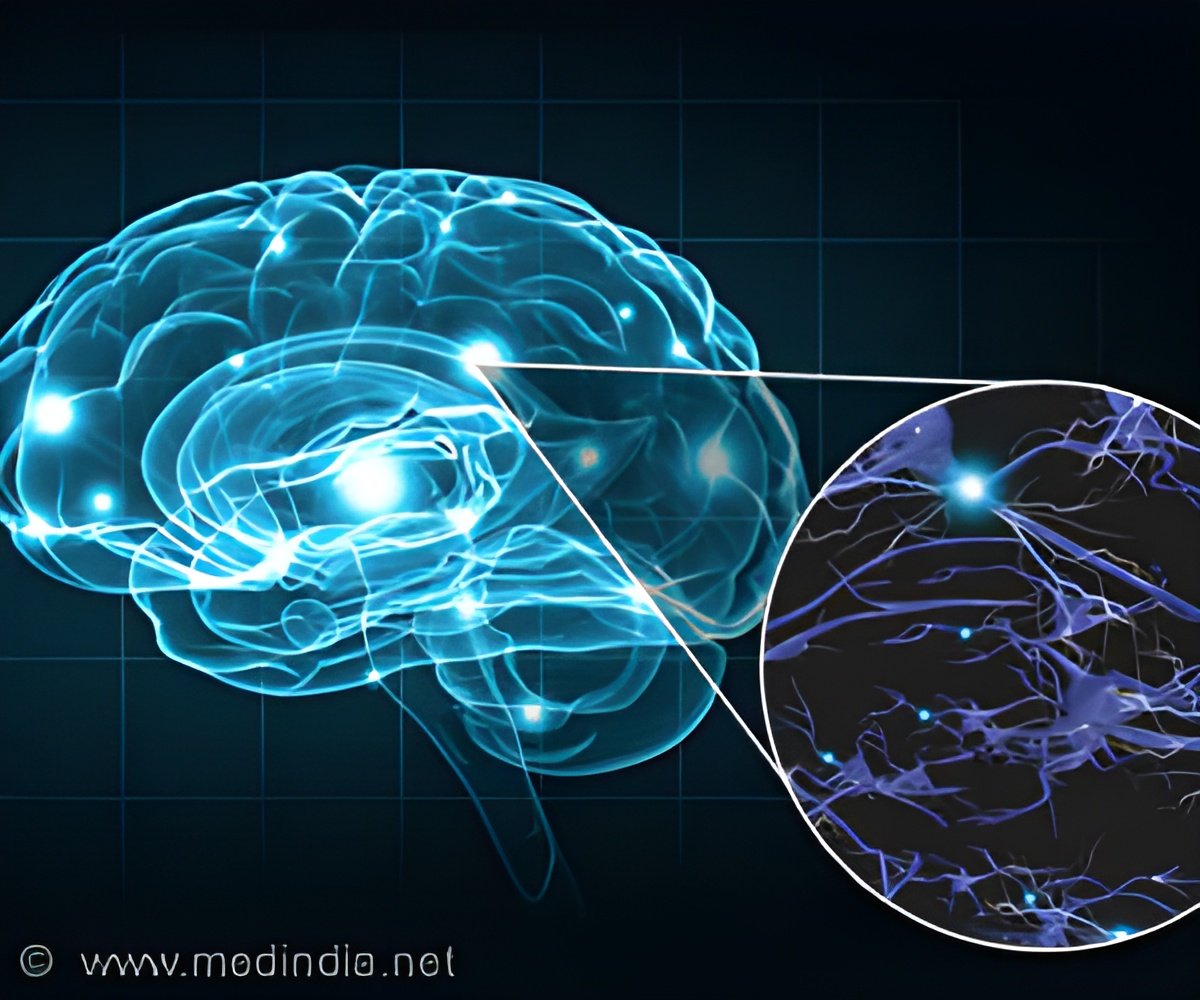
‘Abnormal DISC1 activity has been linked to the neuropsychiatric symptoms associated with Huntington's disease.’
Tweet it Now
Researchers in
Akira Sawa’s lab at Johns Hopkins University investigated how HTT
interacts with DISC1, a protein that is thought to be involved in
schizophrenia and other mental illnesses. In a study published this week in the JCI, they used a mouse model that expresses the human HTT mutation (HD mice) and found that mutant HTT protein and DISC1 associate with each other to form a protein complex. DISC1’s involvement in this complex compromises its other functions, leading to disruptions in downstream pathways.
The researchers then developed a modified version of DISC1 that was unable to interact with the mutant HTT protein. Expression of the modified DISC1 normalized the activity of downstream pathways, which was associated with improvements in cognitive symptoms in the HD mice.
These findings link abnormal DISC1 activity to HD-associated neuropsychiatric symptoms and provide further insights into DISC1’s role in mental illness.
Source-Eurekalert









